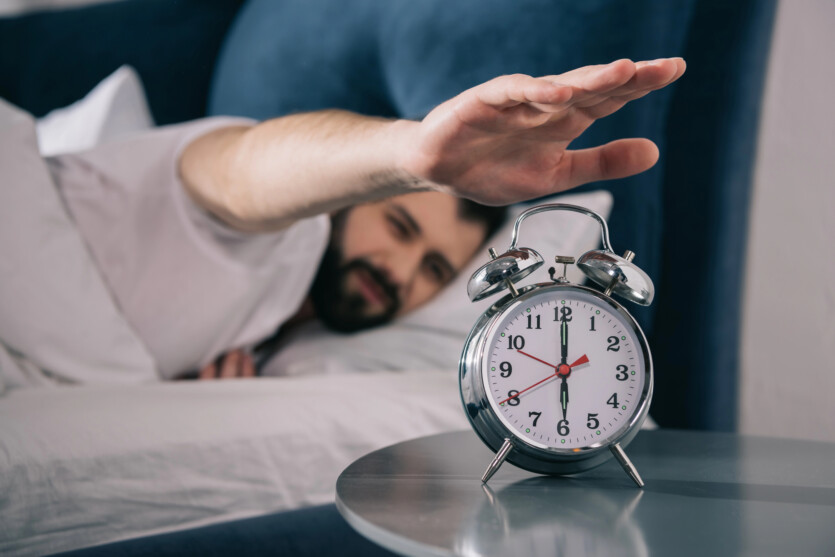
Researchers at Massachusetts General Hospital in the United States have analyzed how ignoring alarms in the morning affects sleep.
It is noted that in a new study, researchers analyzed sleep data from more than 21 thousand people using the Sleep Cycle app, which tracks common nighttime habits. Of the 3 million analyzed sleep sessions Repeating the alarm in the morning was used by 56% of participants.
On average, people stayed in bed for about 11 minutes after the first alarm. Almost half of the participants slept more than 80% of the morning, and these sleepers spent about 20 minutes each morning on repeated alarms.
«Many of us turn on our snooze alarms in the morning in the hope of «getting a little more sleep», but this widespread phenomenon has received little attention in sleep research. In a global sample, we found that more than half of sleep sessions end with an alarm repeat, and users spend an average of 11 minutes between alarm repeats each morning before waking up», — says the study’s lead author, doctor of philosophy in the department of sleep medicine and Circadian Disorders Rebecca Robbins.
At the same time, repeated alarms were used much less frequently by people who were used to sleeping about 5 hours or less. Fans of persistent repeated alarms spent an average of 20 minutes on final awakening. Heavy snooze users also showed more erratic sleep patterns than other categories of users. People in the United States, Sweden, and Germany are the most likely to use snooze alarms, while people in Japan and Australia are the least likely to use them.
«Unfortunately, repeated alarms disrupt some of the most important stages of sleep. The hours just before waking up are rich in REM sleep with eye movement. Alarm repetition interrupts these critical stages of sleep and tends to offer you only light sleep between alarm repetitions. The best approach to optimizing your sleep and productivity the next day is to set your alarm for the latest time possible and then commit to getting out of bed when the first alarm goes off», — advises Rebecca Robbins.
An hour with the phone before bedtime increases the risk of insomnia by 59%, — study
The results of the study are published in the journal Nature
Source: SciTechDaily

Spelling error report
The following text will be sent to our editors: